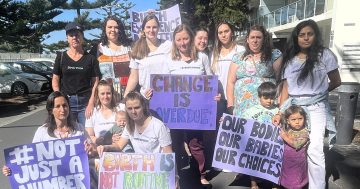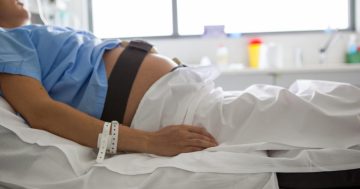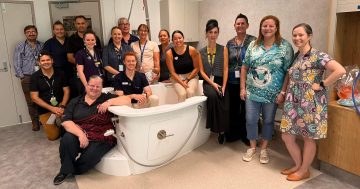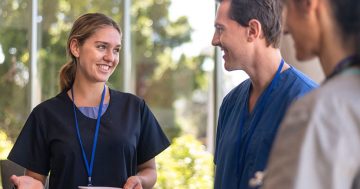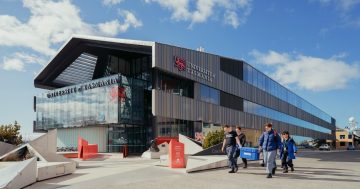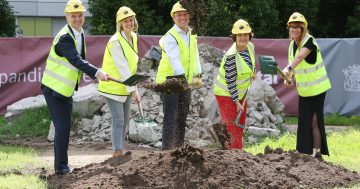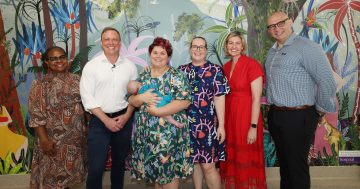 The Minister for Health and Women has unveiled a range of new initiatives aimed at boosting maternity services in Queensland’s rural and remote areas ensuring the State’s pregnant women have access to high-quality maternity care wherever they lived.
The Minister for Health and Women has unveiled a range of new initiatives aimed at boosting maternity services in Queensland’s rural and remote areas ensuring the State’s pregnant women have access to high-quality maternity care wherever they lived.
Following a stakeholder feedback from the Ministerial Maternity Roundtable last month, the Minister, Shannon Fentiman said there were five ‘initiatives’, now and a broader program on the way.
She said the initiatives were:
* Training 20 GPs in regional, rural and remote areas to complete advanced obstetrics training;
* New Queensland Health “digital passports” to help clinicians easily move between hospitals for work to assist with filling workforce gaps;
* Reviewing Health’s locum policies to maximise incentive options for the regional maternity workforce;
* More funding to train doctors, nurses and midwives on best practice woman-centred care and collaboration; and
* Boosting First Nations midwifery models of care services across Hospital and Health Services and Aboriginal and Torres Strait Islander Community Controlled Organisations, under the Growing Deadly Families strategy.
“I have travelled the State of Queensland to talk to women about maternity services – they’ve said that they want choice, continuity of care, and services closer to home,” Ms Fentiman said.
“We have also incorporated feedback of our hard-working frontline staff and other stakeholders, at both the Women’s Health Workforce Forum in March and the Ministerial Maternity Roundtable in June,” she said.
“We know upskilling our already hard-working GPs will help make a difference for smaller communities, like Cooktown and Biloela.”
She said that while it was known how to grow a health workforce in the regions, it also needed to ensure the best locums were attracted to assist local workforce when needed.
“We also know workplace culture is essential for providing safe, compassionate birthing services, which is why we will expand staff training under the Authenticity, Leadership, Integrity, Collaboration and Empowerment (ALICE) program, with training for 200 clinicians across 8 HHSs,” the Minister said.
“These initial initiatives are crucial and are part of a much broader piece of work we are delivering to ensure women across Queensland can access safe maternity services where and when they need them,” she said.
“And boosting our First Nations midwifery models of care will be invaluable.”
Ms Fentiman said the new initiatives were part of a $42 million program.


